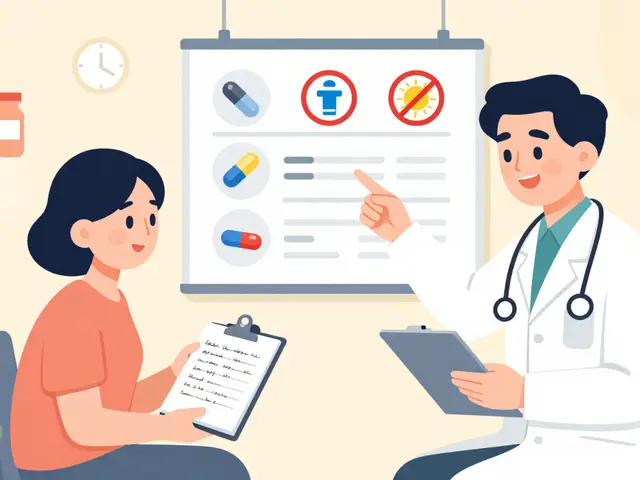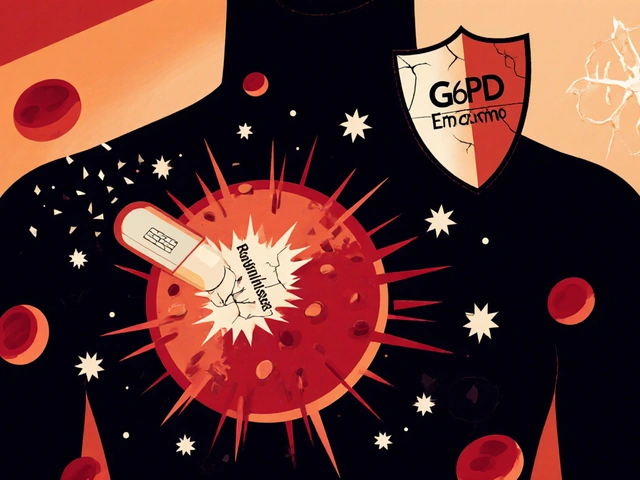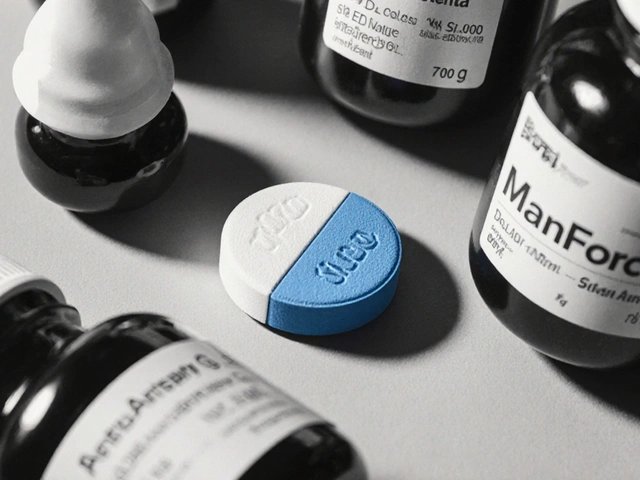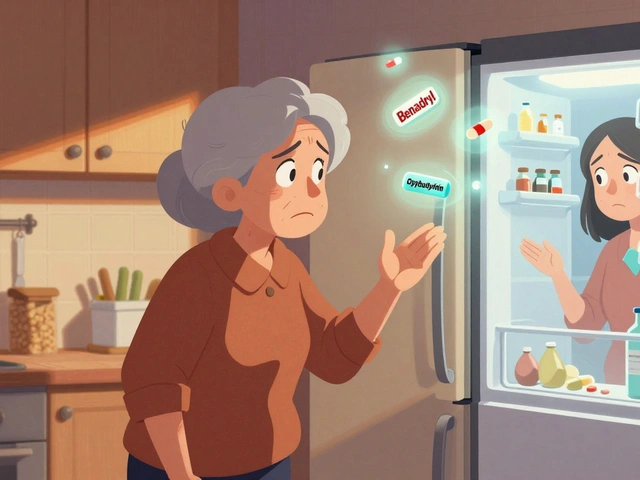Sodium Retention: What It Is, Why It Happens, and How to Reduce It
If you notice swelling in your ankles, feel unusually bloated after a meal, or your blood pressure spikes, sodium retention might be the culprit. In plain terms, it’s when your body holds onto extra salt and water instead of letting it pass through your kidneys. This buildup can make you feel puffy, raise your blood pressure, and even stress your heart over time.
Why Your Body Holds on to Sodium
Several everyday factors push your body to keep more sodium than it should. Eating processed foods loaded with salt is the most obvious one—think chips, canned soups, and fast‑food burgers. But hormones also play a big role. Aldosterone, a hormone released by your adrenal glands, tells the kidneys to re‑absorb sodium, which in turn keeps water in your bloodstream. Stress, lack of exercise, and certain medications like NSAIDs or birth‑control pills can boost aldosterone levels, leading to more fluid retention.
Another hidden trigger is low potassium. When potassium levels drop, your kidneys get mixed signals and tend to hold onto sodium instead of letting it out. This is why a diet rich in fruits and veggies—especially bananas, oranges, and leafy greens—helps balance things out.
Practical Steps to Beat Sodium Retention
First, trim the salt from your meals. Swap out table salt for herbs, lemon juice, or garlic when you cook. Check nutrition labels and aim for under 1,500 mg of sodium per day if you’re prone to swelling. Second, drink more water. It sounds odd, but staying hydrated helps your kidneys flush excess sodium out. Aim for at least eight glasses a day, and add a splash of cucumber or mint for flavor.
Third, move your body. Even a short 15‑minute walk can stimulate circulation and reduce fluid buildup in your legs. Strength training also improves muscle tone, which supports better blood flow. Fourth, boost potassium. Toss a banana into your breakfast cereal, snack on a handful of almonds, or add a side of steamed broccoli. Fifth, watch out for medications that trap sodium. Talk to your doctor if you’re on steroids, certain blood‑pressure pills, or OTC pain relievers—there may be alternatives that don’t cause swelling.
If swelling persists despite lifestyle changes, it’s wise to see a healthcare professional. They might check your blood pressure, run blood tests for kidney function, or suggest a diuretic—medicine that helps your body get rid of excess water. Remember, occasional puffiness after a salty snack is normal, but chronic swelling deserves attention.
Bottom line: sodium retention isn’t a mystery, and you have the tools to keep it in check. Cut down on processed salt, hydrate, stay active, and balance your potassium. With these simple habits, you’ll feel lighter, protect your heart, and say goodbye to that unwanted “puffy” feeling.
Sodium and Fluid Retention: How Salt Affects Your Body and Ways to Prevent Bloating
Discover the real connection between sodium and water retention, hidden salt in your food, daily thresholds, and practical tips for avoiding and recovering from salt-induced bloating.
View More




